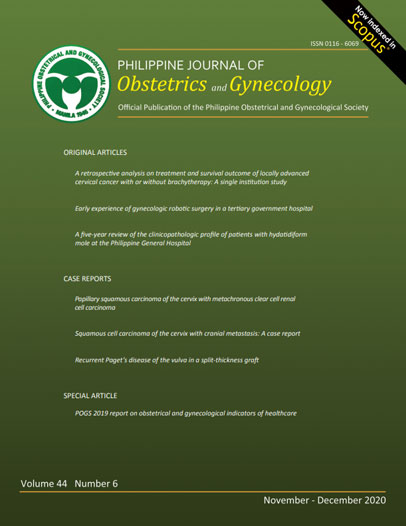Search for articles
Article Detail
The Women’s Health Initiative after 17 years: Has it done more harm than good?
Delfin A. Tan, MD, FPOGS, FPSREI, FPSGE and Gladys Anne M. Bermio, MD, DPOGS
Section on Reproductive Medicine, Department of Obstetrics and Gynecology, St. Luke’s Medical Center – Quezon City
The WHI hormone trials are to date the largest randomized, placebo-controlled studies that evaluated the risks and benefits of hormone therapy in postmenopausal women. There are two arms: the estrogen-progestin (conjugated equine estrogen/medroxyprogesterone acetate) arm for women with intact uterus and the estrogen-alone (conjugated equine estrogen) arm for women who had a hysterectomy1. Both arms, planned to continue for 8.5 years, were stopped prematurely, the CEE/MPA arm after a mean of 5.2 years of follow-up and the CEE-alone arm after a mean of 7.2 years follow-up.
Current Issue
Search article

